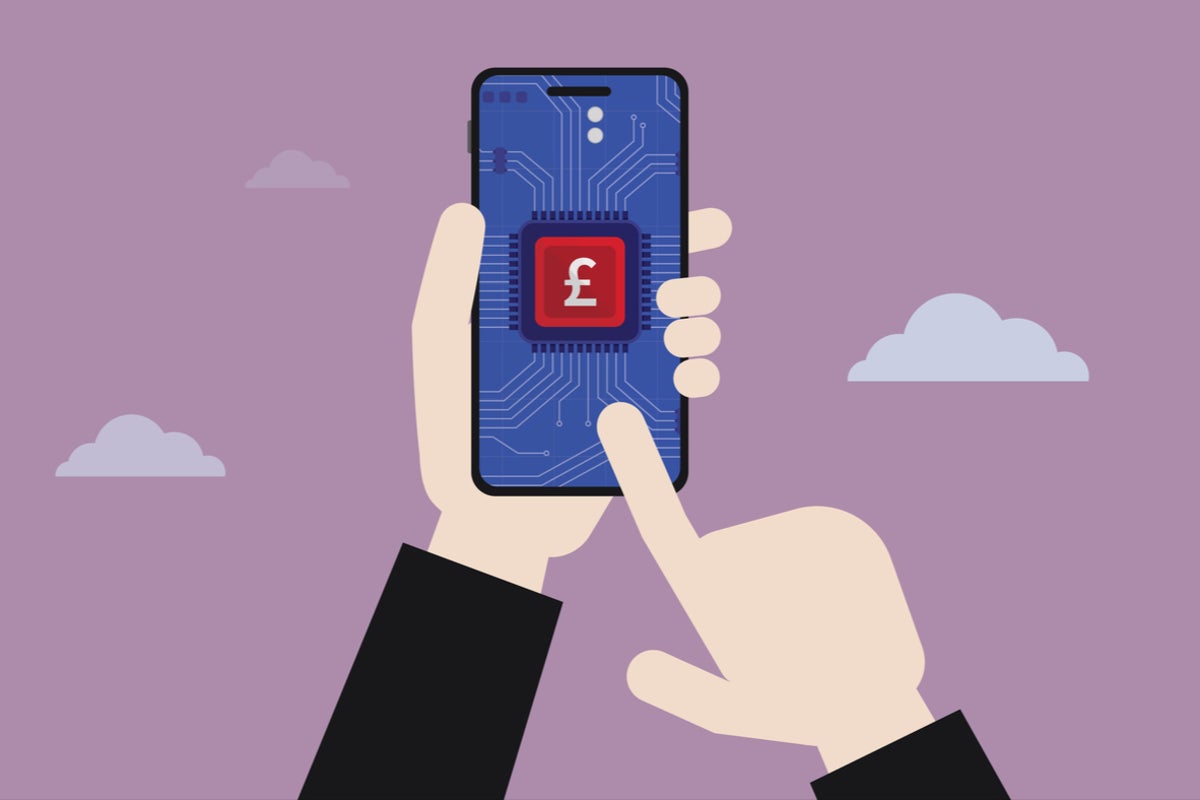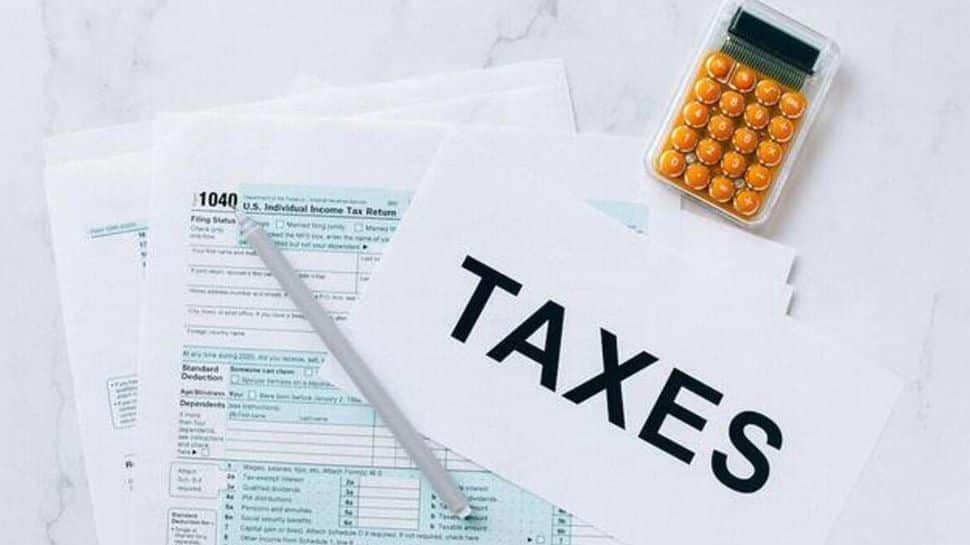Governor Bailey is wrong: We should embrace the digital pound

Is the digital pound dead in the water?
More than 100 countries are looking at the creation of their very own digital currencies. China already has one. The EU is developing a digital euro at pace. But the Bank of England? It seems to be tacking the opposite way to the rest of the world.
Andrew Bailey told MPs on the Treasury Committee that he would need “a lot of convincing” to greenlight a launch, which the Bank has already said couldn’t happen until sometime in the “second half of the current decade” anyway.
Is this an opportunity missed? Even a case where the governor’s conservatism threatens to leave Britons in the digital dark ages?
First off, I should explain what the digital pound actually is. Digi-pounds (that’s not the official name; I’m not sure we have one yet) would be currency issued by the Bank that could be stored in a digital wallet provided by a company like, say, Apple. This would allow you to pay for things directly, without the need for the card you currently have to be set up to use Apple Pay. People could also pay you by the same means. PS, Apple CEO Tim Cook isn’t paying either me or The Independent for the mention. I’m using Apple Pay as an example because it’s a service I use.
Bailey is distinctly unimpressed with the idea of this new form of money. His preferred option is to help the market improve digital payment tech, which he said could deliver “huge benefits”. Fraud reduction, lower costs, faster payments to SMEs (small to medium-sized enterprises), which at this point are probably saying chance would be a fine thing.
“That’s a sensible place to do it because that’s where most of our money is,” the governor opined. But here’s an idea: why not simply do both? Is that really so hard? Or is the Bank yet again in “can’t do” mode?
It is true that there are legitimate concerns about digital currencies. Sceptics worry about vulnerability to hacking. Fears have also been expressed about their making it easier to launder money, even to facilitate terrorist financing. Criminals took up Bitcoin with alacrity. Lately, they have favoured so-called “stablecoins”, the value of which are linked to an underlying commodity or an existing currency such as the dollar.
On the flip side, some critics have voiced fears about digital currencies being used to facilitate government snooping. This has been a big concern with the Chinese version given the obsessive interest in what its citizens do, say and even think of that country’s government.
But every new technology comes with pluses and minuses. It would be better for Bailey to accept that and roll with the punches. Bitcoin and its ilk already have a legion of fans in this country. If people like the concept of central bank-issued digital currencies, there would theoretically be nothing to stop them from using digital euros if and when they arrive. There are already outlets in London that accept the paper equivalent (and dollars and yen while we’re at it). Here’s a potential selling point for your business: “We accept the digital euros!”
Right now, the central bank looks flat-footed, a very obvious laggard, largely thanks to the conservatism of the governor.
I suspect some of Bailey’s caution can be traced back to his time at the head of the Financial Conduct Authority – a fairly thankless, if well remunerated, task at the best of times. Its CEO tends to get the blame for everything and the credit for nothing.
Launching a new form of money is bound to create challenges, and it will once again be Bailey’s head on the block if something goes wrong.
There have lately been suggestions that the Bank could cease or at least shelve the work it has been doing on a digital pound. That would be a mistake. Digital currencies are coming. The Bank should accept that and prepare for the future. The governor badly needs to pull his legs out of the mud in which they’re stuck.
[title_words_as_hashtags




